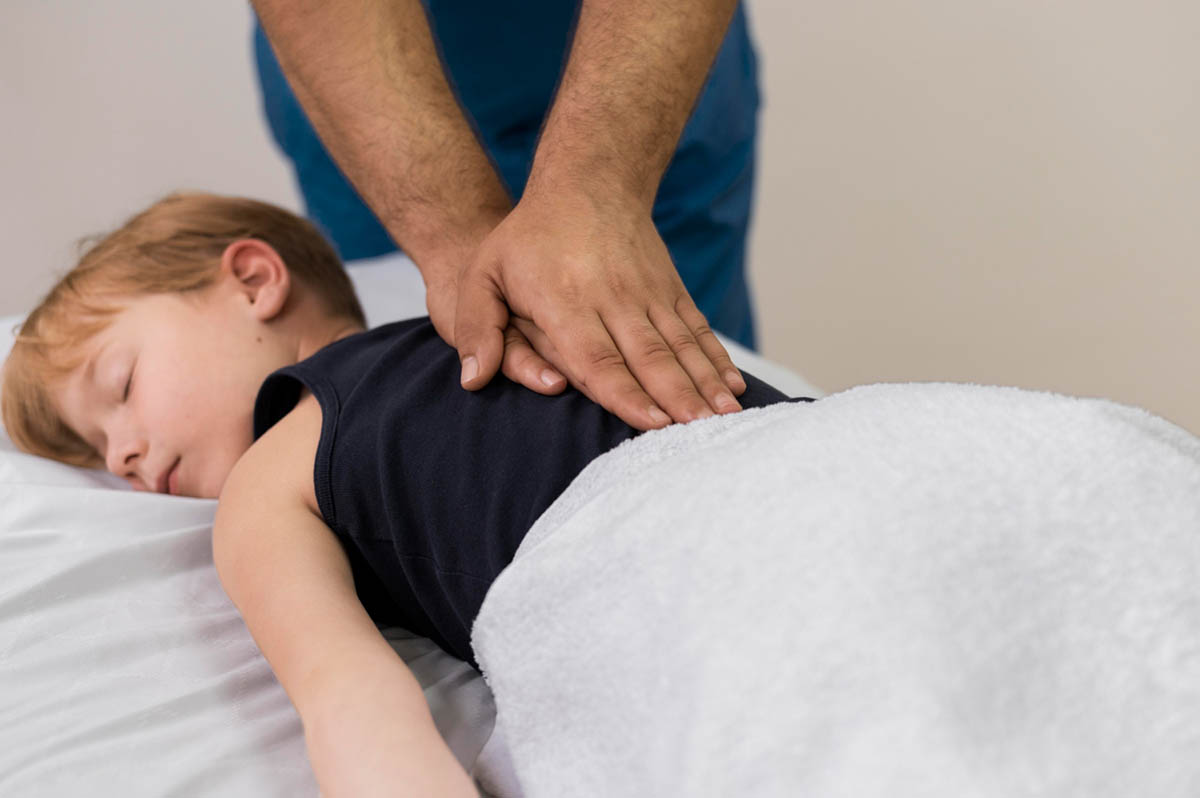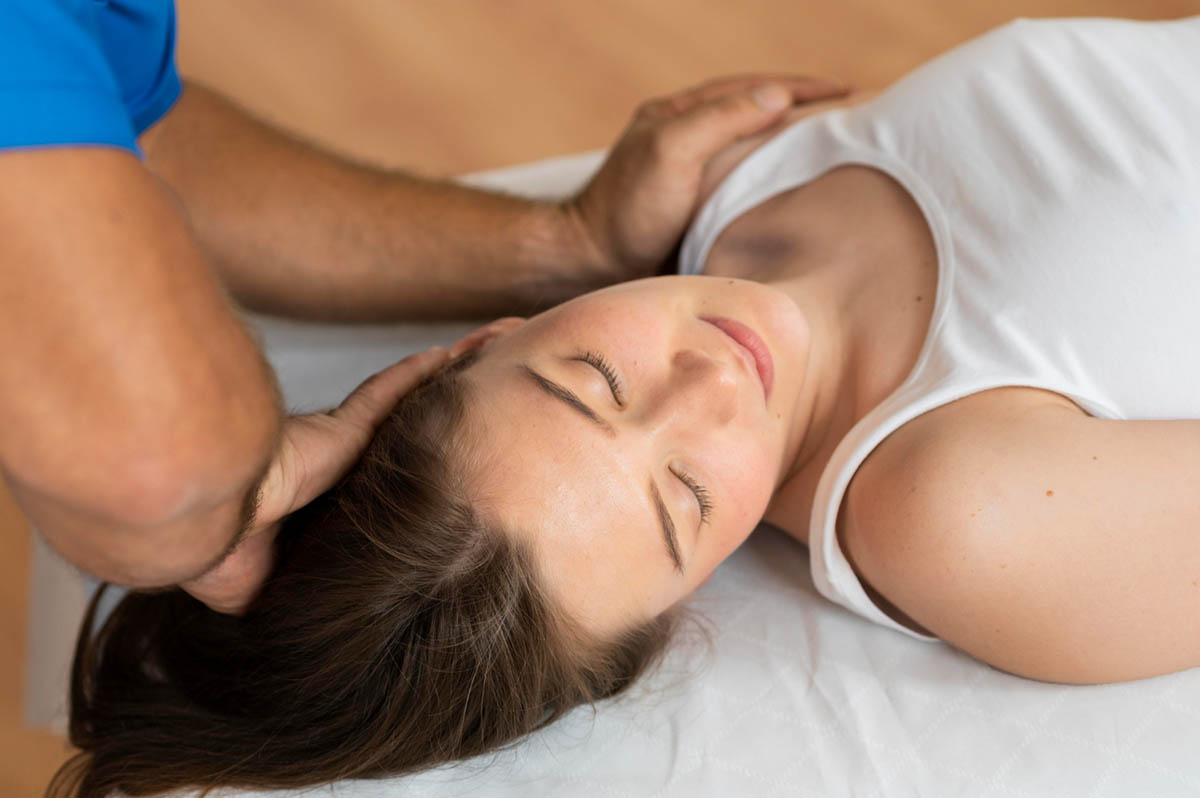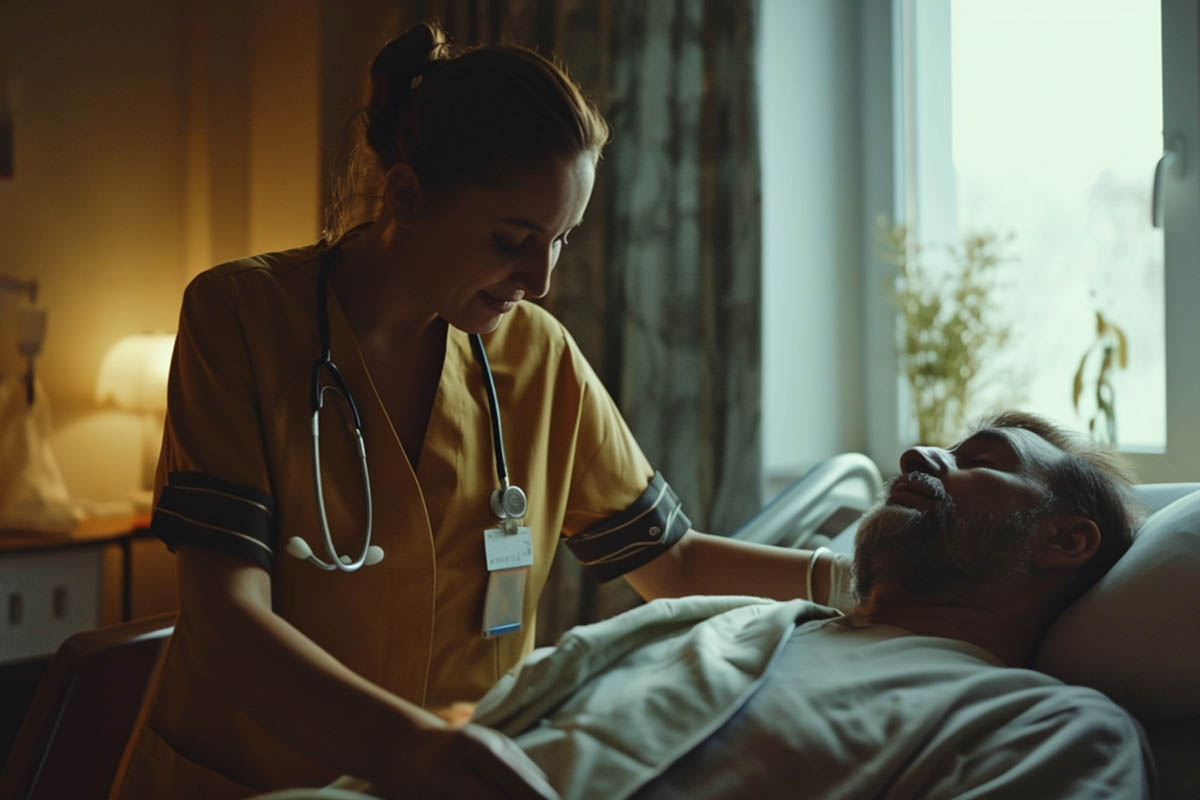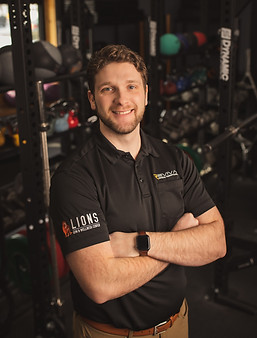Introduction
Sleep is a fundamental component of overall health and well-being, yet many people struggle with achieving quality rest. Chronic pain, stress, and various medical conditions can significantly impact sleep quality, leading to a cycle of discomfort and fatigue. Physical therapy offers a holistic approach to improving sleep by addressing the underlying physical issues that disrupt rest. At Revival Physical Therapy, we understand the profound connection between physical health and sleep quality. In this blog, we’ll explore how physical therapy can enhance your sleep and provide practical tips to help you achieve a restful night’s sleep.
Understanding the Connection Between Physical Therapy and Sleep
Physical therapy focuses on improving mobility, strength, and function while reducing pain and discomfort. These benefits extend beyond daytime activities and can significantly impact sleep quality. Here’s how:
1. Pain Management
Chronic pain is a common cause of sleep disturbances. Physical therapy utilizes various techniques such as manual therapy, therapeutic exercises, and modalities like ultrasound or electrical stimulation to alleviate pain. By managing pain effectively, physical therapy can help you sleep more comfortably.
2. Stress Reduction
Stress and anxiety can interfere with sleep patterns. Physical therapists often incorporate relaxation techniques and stress management strategies into their treatment plans. These techniques can help lower cortisol levels, promoting a more relaxed state conducive to sleep.
3. Improved Mobility and Flexibility
Stiffness and limited mobility can make finding a comfortable sleeping position challenging. Physical therapy helps improve flexibility and range of motion, making it easier to get comfortable and reducing the likelihood of waking up with stiffness or pain.
4. Enhanced Circulation

Proper circulation is essential for overall health and can influence sleep quality. Physical therapy exercises promote blood flow, ensuring that your muscles and tissues receive the nutrients and oxygen they need to function properly. Enhanced circulation can also reduce the risk of restless legs syndrome, a condition that can disrupt sleep.
5. Posture Correction
Poor posture can lead to musculoskeletal imbalances and pain, which can impact sleep. Physical therapists assess and correct posture, both during the day and while sleeping, to ensure proper alignment and reduce strain on the body.
Techniques and Practices to Improve Sleep Quality Through Physical Therapy
1. Personalized Exercise Programs
Customized exercise programs designed by physical therapists can target specific areas of concern, such as back pain or shoulder tension. These exercises help strengthen and stretch muscles, promoting better sleep.
2. Manual Therapy
Hands-on techniques like massage, myofascial release, and joint mobilization can reduce muscle tension and pain, making it easier to relax and fall asleep.
3. Relaxation Techniques
Physical therapists can teach relaxation techniques such as deep breathing exercises, progressive muscle relaxation, and guided imagery. These practices can help calm the mind and body, preparing you for a restful night’s sleep.
4. Sleep Position Recommendations
Your physical therapist can provide advice on the best sleeping positions to alleviate pain and support proper alignment. For example, side sleepers may benefit from using a pillow between their knees to maintain spinal alignment.
5. Ergonomic Adjustments
Adjustments to your sleep environment, such as choosing the right mattress and pillows, can make a significant difference in sleep quality. Physical therapists can provide recommendations tailored to your specific needs.
Everyday Tips for Better Sleep
- Establish a Routine: Go to bed and wake up at the same time every day to regulate your internal clock.
- Create a Sleep-Friendly Environment: Keep your bedroom cool, dark, and quiet. Consider using blackout curtains, earplugs, or a white noise machine.
- Limit Screen Time: Reduce exposure to screens at least an hour before bedtime to minimize blue light interference with melatonin production.
- Stay Active: Regular physical activity promotes better sleep, but avoid vigorous exercise close to bedtime.
- Avoid Caffeine and Alcohol: Limit consumption of caffeine and alcohol, especially in the hours leading up to bedtime.
- Practice Relaxation Techniques: Incorporate relaxation practices into your evening routine to help unwind and prepare for sleep.
FAQ Section
Q: How long does it take to see improvements in sleep quality with physical therapy?
A: The timeline for improvements can vary depending on the individual and their specific conditions. Many people start to notice positive changes within a few weeks of consistent physical therapy.
Q: Can physical therapy help with sleep disorders like insomnia?

A: While physical therapy is not a cure for sleep disorders, it can help alleviate physical discomfort and stress, which are often contributing factors to insomnia and other sleep issues.
Q: Is physical therapy beneficial for sleep apnea?
A: Physical therapy can help manage symptoms related to sleep apnea, such as improving posture and reducing weight through exercise, which can alleviate some of the condition’s effects.
Q: What type of physical therapy is best for improving sleep?
A: A combination of pain management, relaxation techniques, and exercises tailored to your specific needs is often most effective. Your physical therapist will develop a personalized plan based on your unique situation.
Q: How can I incorporate physical therapy exercises into my bedtime routine?
A: Your physical therapist can recommend gentle stretching and relaxation exercises that can be done before bed to help prepare your body for sleep.
Community Engagement and Support
At Revival Physical Therapy, we believe in the power of community support. We regularly host workshops and seminars in Minneapolis on topics like sleep improvement, pain management, and overall health and wellness. Join us to connect with others, learn new strategies, and take control of your health. Check us out at 800 N Washington Ave SUite 50, Minneapolis, 55401.


